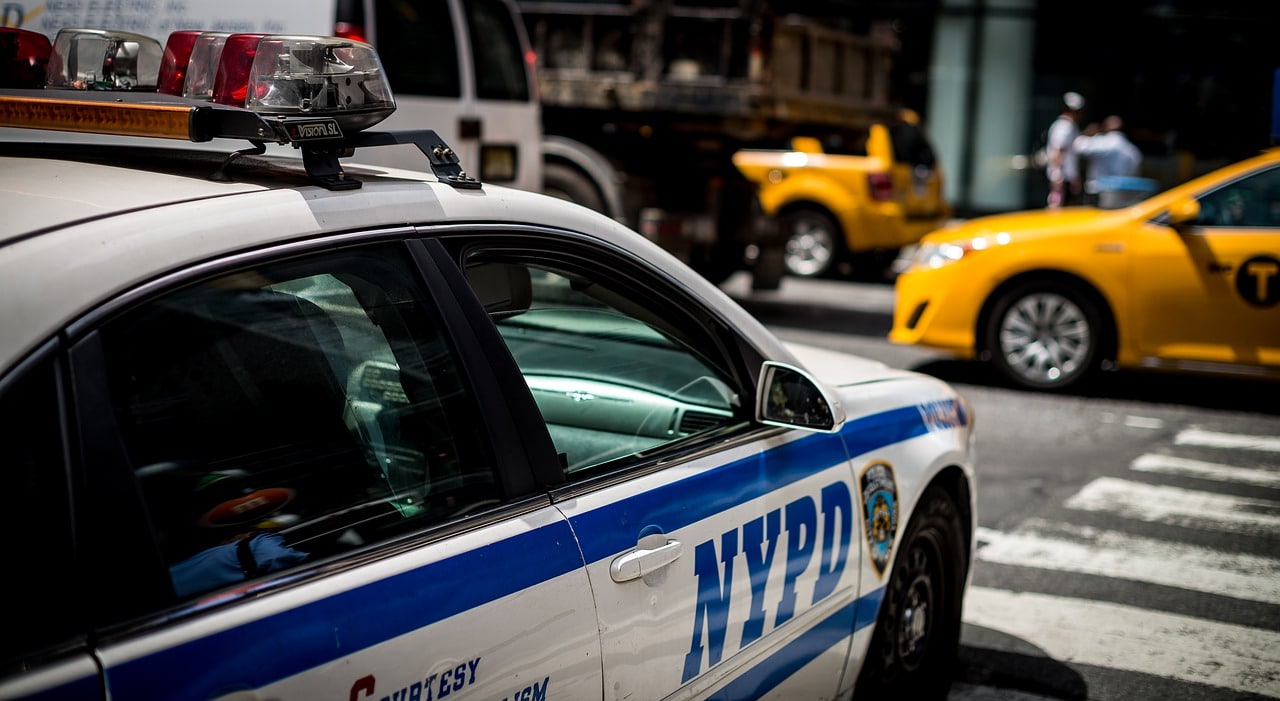An Introduction to Federal Drug Conspiracy Offenses
Federal drug conspiracy charges are a popular way for federal prosecutors to tack on additional charges to someone they have investigated or charged with other offenses. It allows for a criminal case to be brought against someone involved in the drug trade without actually proving that the individual specifically manufactured, sold or purchased drugs. Federal drug conspiracy charges have been used rather liberally by federal prosecutors to take a stand that they are tough on drug crimes, even if they are not actually prosecuting those who are responsible for the most heinous crimes. In addition, conspiracy crimes are relatively easy to prove. As such, it is essential to hire a drug conspiracy lawyer as early in the criminal process as possible.
Federal Conspiracy Crimes in General
Federal conspiracy offenses are covered generally by 18 U.S.C. 371. This is a fairly broad category of criminal activities and is frequently used by prosecutors to increase the number of charges brought against a particular defendant. This statute criminalizes the activity of “two or more persons conspire[ing] either to commit any offense against the United States, or to defraud the United States, or any agency thereof in any manner or for any purpose, and one or more of such persons do[ing] any act to effect the object of the conspiracy.”
The federal conspiracy statute is so broad that a defendant can be considered acting in conspiracy with someone else without having met in person or interacting directly with the other person. This is especially true if the alleged conspiracy involves a wide network of individuals with one leader from whom directions flow. What is necessary for the establishment of a conspiracy is an individual’s knowledge that he or she is acting in coordination with or furthering the activities of a criminal conspiracy. The essential elements for a conspiracy crime are the knowledge of at least two people that they are acting in an illegal fashion, the intent to do so and at least one act in furtherance of the conspiracy.

Federal Drug Conspiracy Charges
If a defendant takes steps to prevent a conspiracy or openly acts to hinder the success of a conspiracy that he had formerly been participating in, then he may have a complete defense to conspiracy charges. This defense requires significant strategy because a defendant has to show a desire to remove himself from the conspiracy for other reasons than simply because he thinks he may be apprehended. If a defendant voluntarily informs law enforcement about the conspiracy, this is very helpful as a potential defense. But before doing so, you need to speak with an experienced drug conspiracy attorney.
The attempt to act in conspiracy or an actual conspiracy related to the possession, manufacture or sale of drugs is also criminalized pursuant to 21 U.S.C. 846. Three of the potential defenses to federal drug conspiracy charges are renunciation, withdrawal and impossibility, as described below. Talk with a drug conspiracy lawyer about these potential defenses to conspiracy crime as they are highly nuanced.

